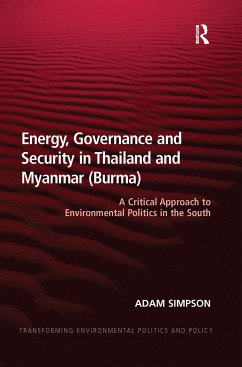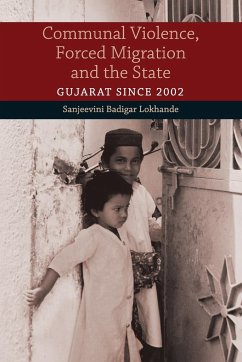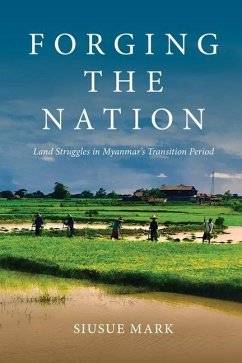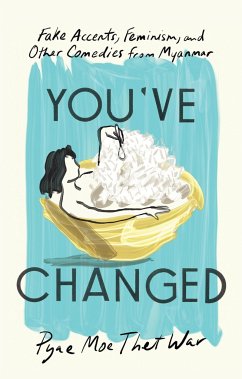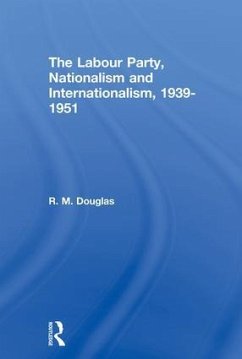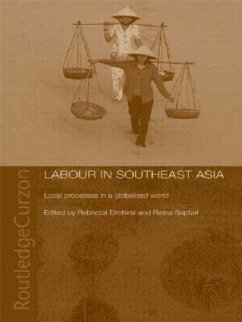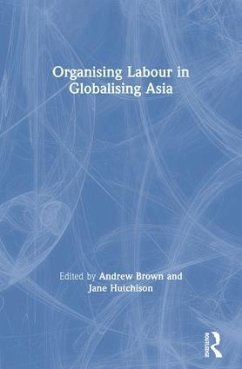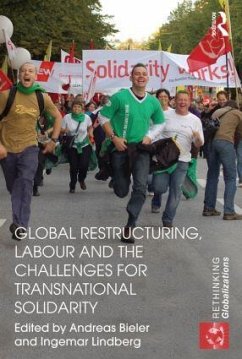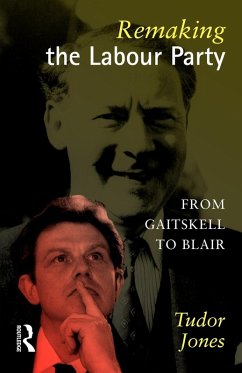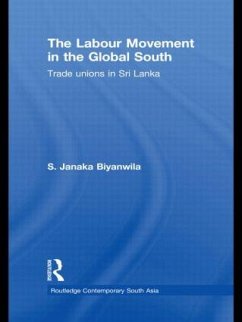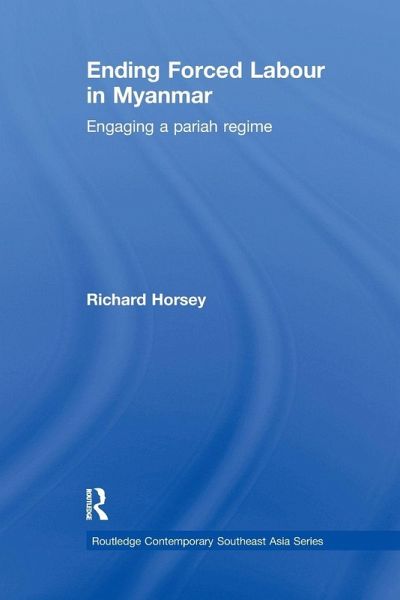
Ending Forced Labour in Myanmar
Engaging a Pariah Regime
Versandkostenfrei!
Versandfertig in 1-2 Wochen
59,99 €
inkl. MwSt.
Weitere Ausgaben:

PAYBACK Punkte
30 °P sammeln!
The International Labour Organization's (ILO) efforts since the early 1990s to address the forced labour situation in Myanmar represent a rare example of success in influencing the behaviour of that regime, and this book gives a first-hand account of these efforts. As the ILO's representative in the country, the author was able to operate a complaint system for victims of forced labour, resulting in prosecutions of government officials and an end to many abuses. In addition to giving a fascinating insider's account of how this was achieved, and the many challenges encountered, the book examine...
The International Labour Organization's (ILO) efforts since the early 1990s to address the forced labour situation in Myanmar represent a rare example of success in influencing the behaviour of that regime, and this book gives a first-hand account of these efforts. As the ILO's representative in the country, the author was able to operate a complaint system for victims of forced labour, resulting in prosecutions of government officials and an end to many abuses. In addition to giving a fascinating insider's account of how this was achieved, and the many challenges encountered, the book examines in detail why one of the most repressive military regimes allowed the ILO to operate a complaints mechanism in the first place, and why it felt the need to take action in response to some of those complaints. This book will make a significant contribution to thinking on how to influence authoritarian regimes, as well as understanding the dynamic of relations with Myanmar. As such it is an essential read for scholars of international relations and global governance, human rights, international law and Southeast Asian studies.





